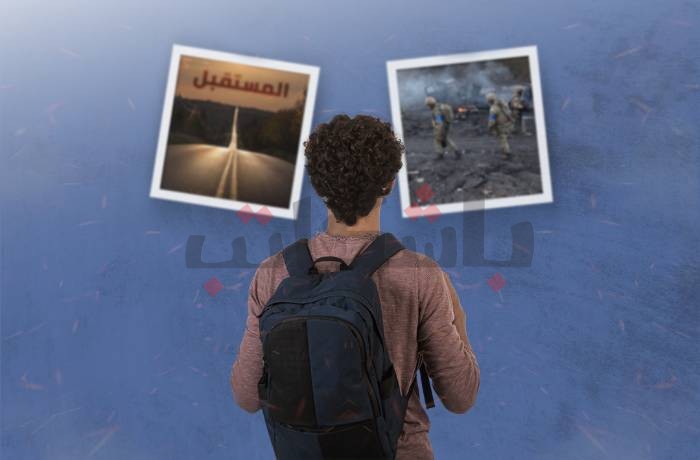Egyptian students in Russia are experiencing a state of disarray following the Higher Council of Universities' decision to transfer them, along with others enrolled in Sudanese, Russian, and Ukrainian universities, to private and non-governmental universities without considering the minimum requirements.
The decision, issued last May in the wake of the current crisis in Sudan, offered a glimmer of hope for students, especially those who hadn't adjusted to being away, let alone those living under constant threat in these countries.
However, things don't seem easy for the students in Russia. It's not just about attempting to secure a place in private or non-governmental universities according to the guidelines set by the council and the fear of rejection. Some students have mentioned encountering resistance from Russian universities, refusal to hand over their documents, and even threats of final dismissal unless they pay the full tuition fees, even if they don't complete the academic year.
Ahmed Mohamed, a 22-year-old enrolled in the fourth year at a Russian university, stated, "The decision came at a completely inappropriate time, less than a month before the exams. It's been two weeks since the decision was issued, and we're all in a state of complete confusion between transferring, searching for universities, submitting paper applications for money, and the exhaustion of our families, all while dealing with online applications."
"Since the decision was issued, I haven't met a single student who isn't discussing transfers and universities in Egypt and Russia. Students are talking to themselves in the streets, even private Facebook groups dedicated to students have had over a hundred posts about transfers only," added Ahmed Mohamed.
Omnya Osama, 19 years old, applied for obtaining her grades and academic content from the university she's enrolled in in Russia, but the university refused to release her documents unless she paid all the fees. Omnya said, "They demanded payment although will not intend to complete the second semester or stay until the end of the year. Ultimately, if I withdraw my file, the Russian university will issue a final decision to expel me and prevent me from re-entering Russian territory if I'm not accepted into Egyptian universities."
She continued, "We suffer from a split between the delayed acceptance in Egypt and the extraction of documents and the threat of expulsion."
Their fate hangs in the balance; Omnya and other students, along with their families, have become victims.
With every decision issued, students are perplexed, and with every statement from a university, they stand wondering, "What should we do? What's the right course of action?" They remain perplexed, unsure whether to continue in Russia, the path they initially chose, or attempt a new path for the sake of family, homeland, and safety.
Ayman Mansour, 21 years old, a student in Russia, described the psychological crisis students face after the transfer decisions, leaving them torn between continuing on any path, no matter the consequences, or trying a new path, no matter the hardships. He said, "Many of us see the transfer as an irreplaceable opportunity to be amidst family and homeland, unafraid of war or currency devaluation, for example. If the value of the currency decreases, the annual tuition fees will reach over 250,000 without any additional expenses. However, some students see choosing to return as a significant sacrifice and a risky move if the student isn't accepted into a university in Egypt."
Ayman narrates that most batches see the transfer as sacrificing a year of their lives, something they'll have to redo again, he concludes, saying, "We're all lost in the middle, not knowing what to do... the decision really came at an unfair time for us."
Omar Ahmed, 20 years old, describes the nights he and his father spent in physical and mental exhaustion while trying to submit his papers to private universities in Egypt. The universities tightened their requirements for obtaining all the necessary documents for transfer acceptance.
Omar adds, "We applied to all the universities that announced the opening for transfers, whether through physical or electronic submissions, paying fees for file opening, but ten days passed without any responses from any university. Some universities demand complete paperwork, including academic content, grade statements, and original copies, while the ministry's decision ensured a three-month period to submit the original documents. Unfortunately, the universities operate on a different system that confuses the student and burdens the guardian."
